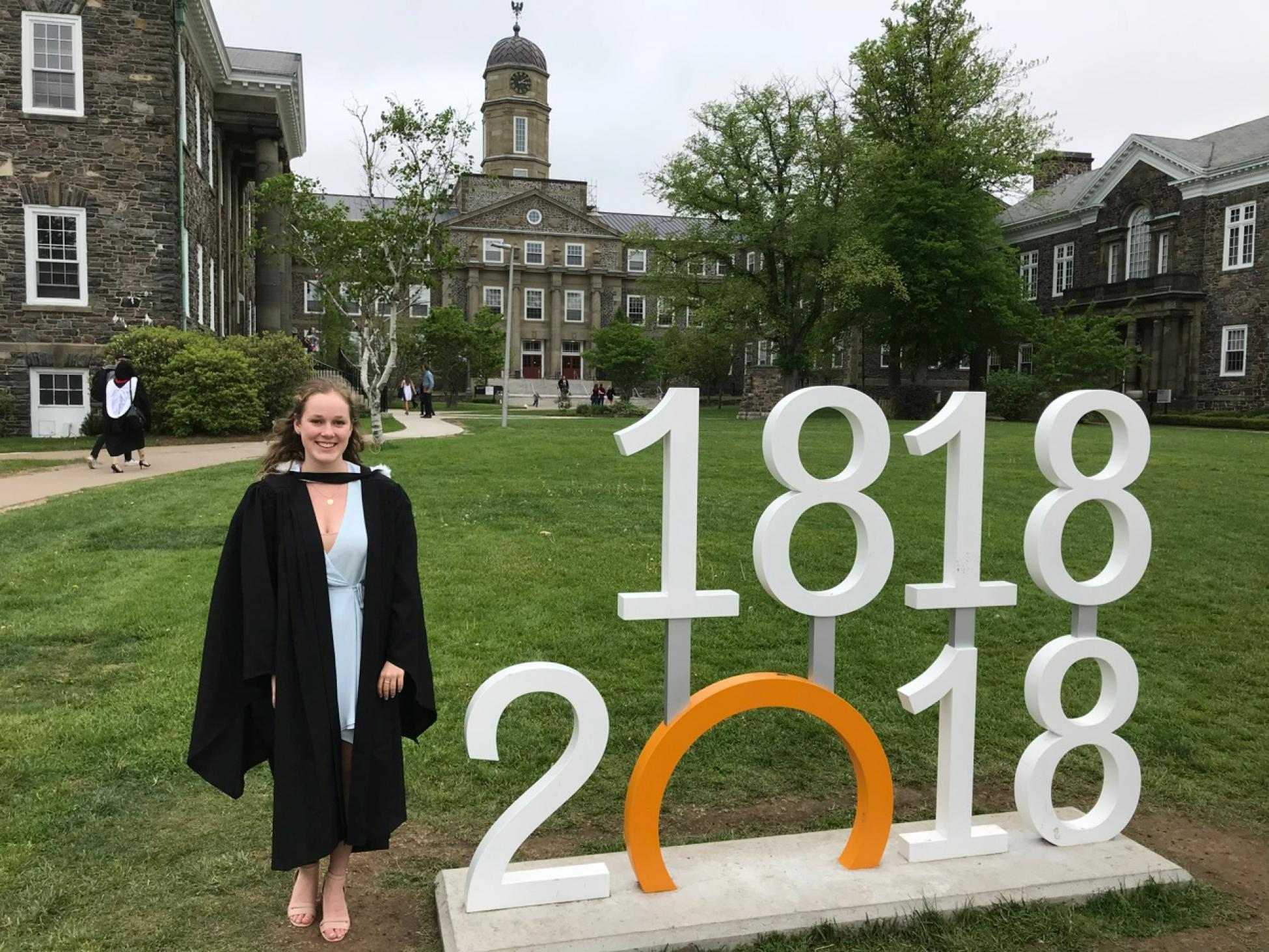I heard a lot of jokes about “post-grad problems” before I finished my degree. I understood the age-old struggle of needing real world job experience before finding a job in one's field, which begs the question: How, pray tell, is one supposed to actually gain this experience?
As I neared graduation this past spring, I braced myself for the hardship of finding meaningful work connected to my degree in English and journalism. After all, it’s not exactly the most clear-cut degree to transfer into a career.
But, shockingly, the week after my graduation, I was called in for a job interview at a marketing company in my hometown, Toronto. Suddenly, without the endless interviews and constantly refreshing Indeed, I got the job: a full-time, well paying, unionized job. My title was "creative writer"—what could be more relevant to my field of study than that?
I should have been thrilled, but I couldn’t help but feel that I had missed a step. I had expected not to find a job after graduation, and looking back, I had seen myself escaping the pressure of job-hunting by booking a flight, starting anew and finding adventure. I knew that as a newly graduated 21-year-old, it was the perfect time for a fun job. But, that’s not what I did. As soon as I was offered the “right” job, I made the “smart” decision. I worked my first draining nine-to-five job at the marketing company, writing slogans and social media posts about unions.
Sure, my bank account thanked me, and my parents were pleased with me, but a soul-sucking job at this point in my life felt like a mistake from the get-go. And yet, the pressure of sticking with a job in my field kept me there for another six months. There was not much actually wrong with this job, it just wasn’t the job for me.
I actively searched for a new position on my lunch breaks and on the weekends, checking job sites across Canada, and applying to everything that seemed somewhat better than my current position. The job sites weren’t yielding much and I felt unequipped to cold-call businesses; I was experiencing that anticipated “post-grad problem” while spending eight hours a day at a company that made all those years of school feel insignificant.
An Instagram post led me to the position that would take me much further than that initial “smart” job ever would.
Finally, my saving grace came in the form of an Instagram post. Really—that’s how I found my work placement. A magazine I had often read while on vacation in Charleston, South Carolina posted a photo stating they were hiring an editorial intern. It was the perfect job for me: it would provide journalism experience and knowledge of the publishing industry, which would be great for my career going forward. And, to top it all off, it would mean moving away and living in a beautiful city I love to spend time in.
I applied online and got a phone interview. I convinced them over the phone that although I was Canadian, I was the most motivated candidate they would find anywhere—and I truly believed that. I needed to find something completely different to force me out of the rut I had fallen into after graduation. I needed to feel like I was growing and changing and stepping out of my comfort zone, while still working on something that would help my future. The moment of breakthrough came when I finally heard that I was offered the internship. An Instagram post led me to the position that would take me much further than that initial “smart” job ever would.
So, my advice: rethink what the “right” thing to do is. Though it can be hard, try to push aside what everyone else is saying about post-grad life. Parents, friends and teachers almost always mean well, but if your gut is telling you to do something different—listen to it.
Now I am in the process of getting my visa to work in the U.S. It’s a tough waiting period (I really want to get started), but I am confident that once I get it, I’ll hit the ground running in South Carolina. I found this position on a whim, but I plan on making the most of every moment abroad.

